Weeds & Invasive Plants
All Weeds & Invasive Plants Content
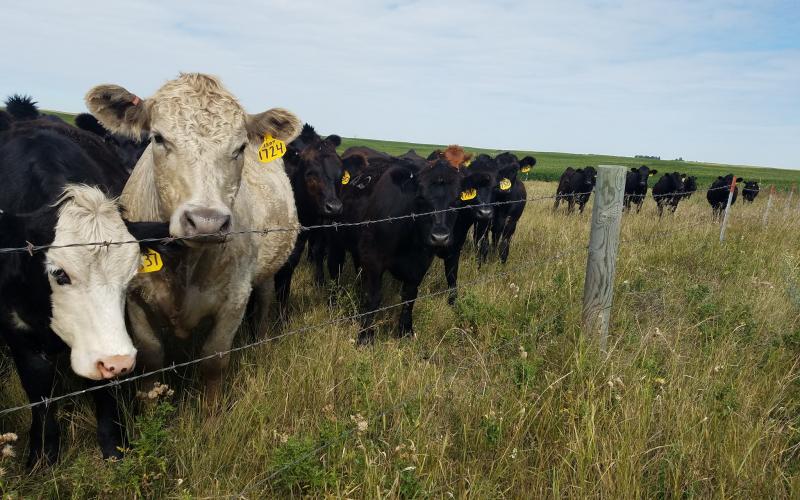
Cows Eat Weeds
By utilizing grazing as a means of cultural control, producers have the potential to decrease input expenses while reaping the benefits of inexpensive weed control through animal nutrition.
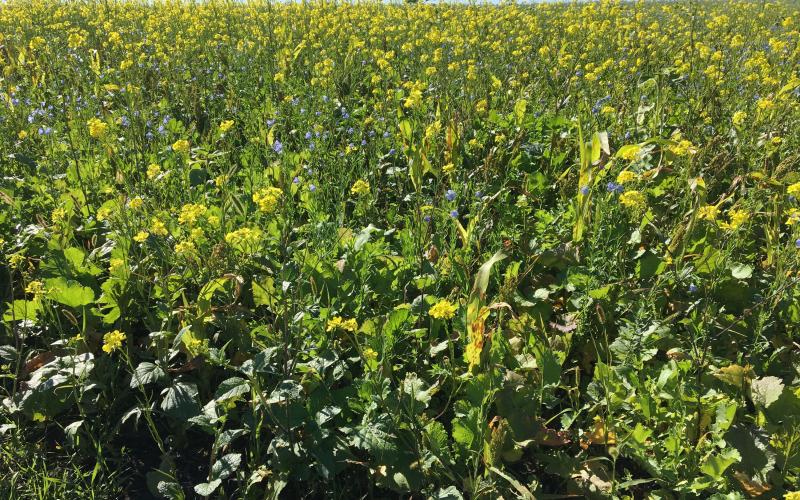
Herbicide Considerations for Cover Crop Planting in 2019
Long residual pre-emergent or early post-emergent herbicides may cause stand reduction or complete failure of cover crops. Depending on efficacy of the herbicide, each situation can both affect in-season and/or post-harvest cover crop establishment.
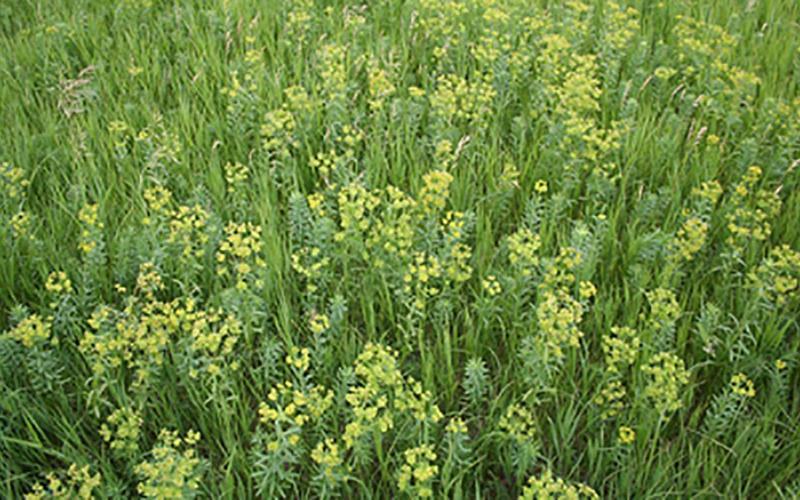
Spot Treatment Options for State Noxious Plants
When controlling grassland weeds, the mindset of row crop weed control may be put into practice too often. In most cases, broadcast control of weeds in grasslands is rarely necessary. Most often, spot treatment can be used more effectively to manage the noxious and invading weeds.
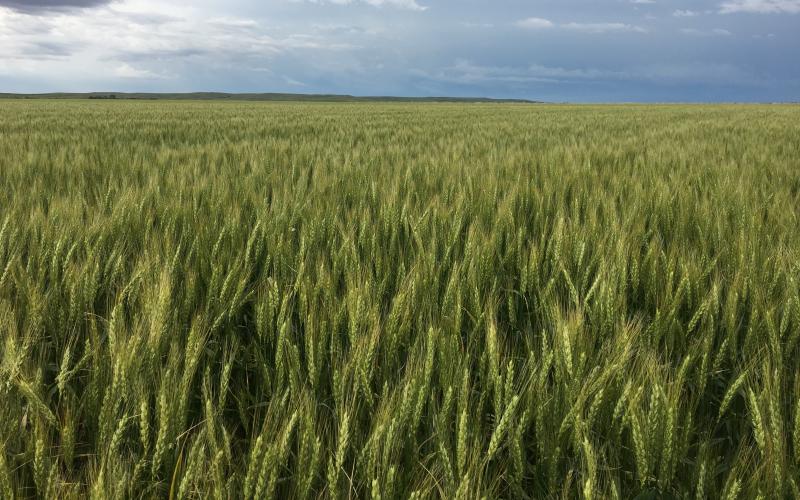
Small Grain Pre-Harvest Options
Consider pre-harvest herbicide applications in crop ground planted with small grains that are grown for seed or forage. Dense weed populations may inhibit harvest, therefore proper control of them early in the growing season is best.
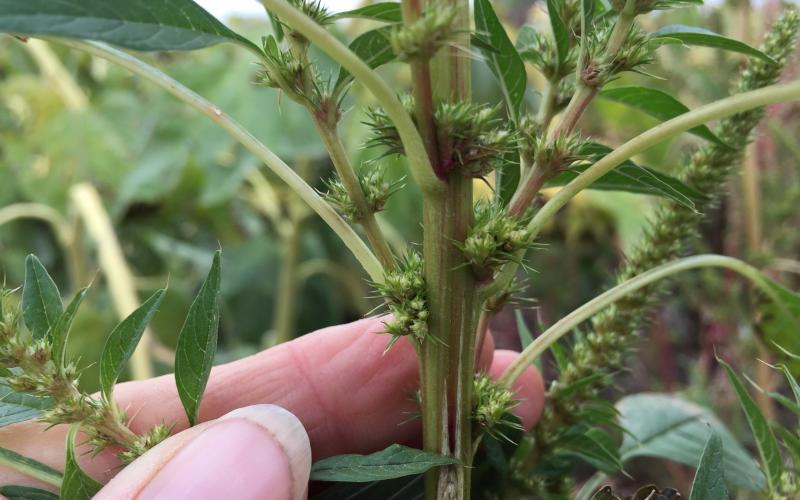
Identification and Management of Palmer Amaranth in South Dakota
Guide for the identification and management of Palmer Amaranth in South Dakota
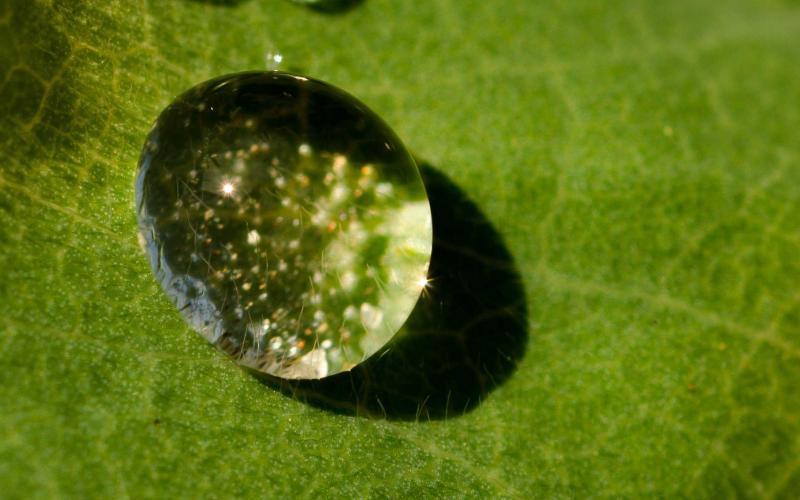
How to Choose the Right Adjuvant for the Job
With the rise of herbicide-resistant weeds, the use of an adjuvants is also on the rise and may be necessary to help control resistant weeds.
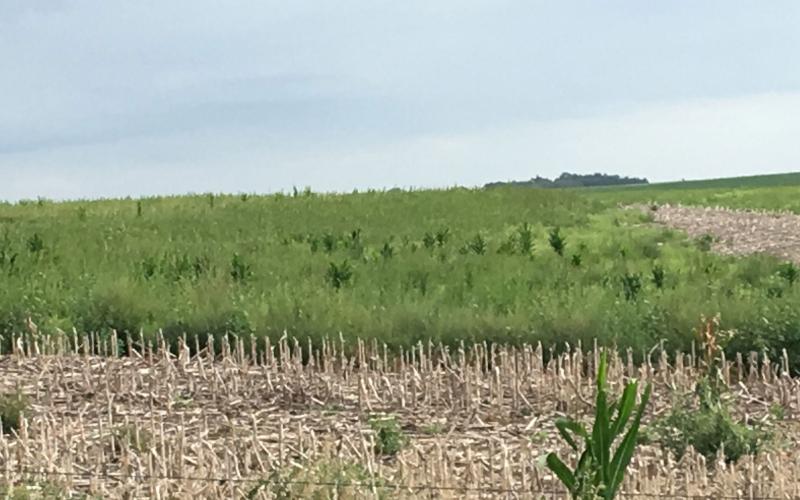
Managing Weed Seed in 2020
Producers need to plan in advance on how to deal with bare fields that contain an overabundance of weeds. Weeds in these fields have deposited significant amount of seeds on the soil surface, which can easily germinate when adequate moisture and temperature are available.
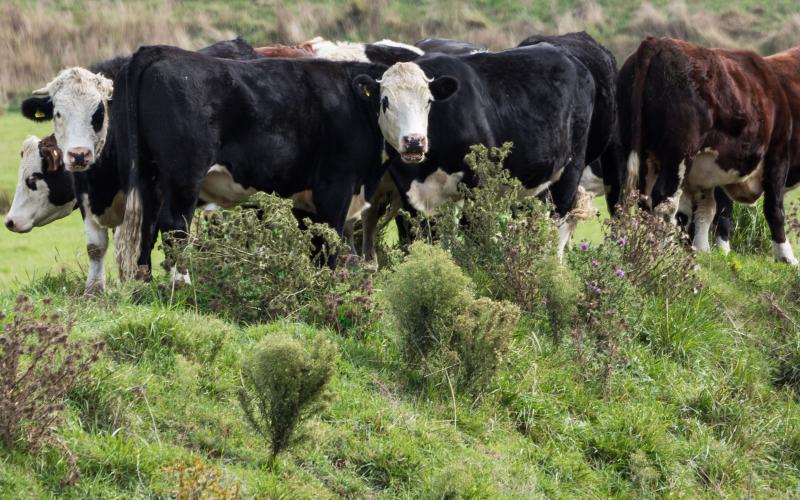
Alternative Pasture Weed Control
The term ‘weed’ can be broadly applied to any plant that is undesirable at any given time and place based on certain criteria. It is important to understand that the word ‘weed’ has become a general term with no universal definition, and many plants are considered to be weeds, depending on location.
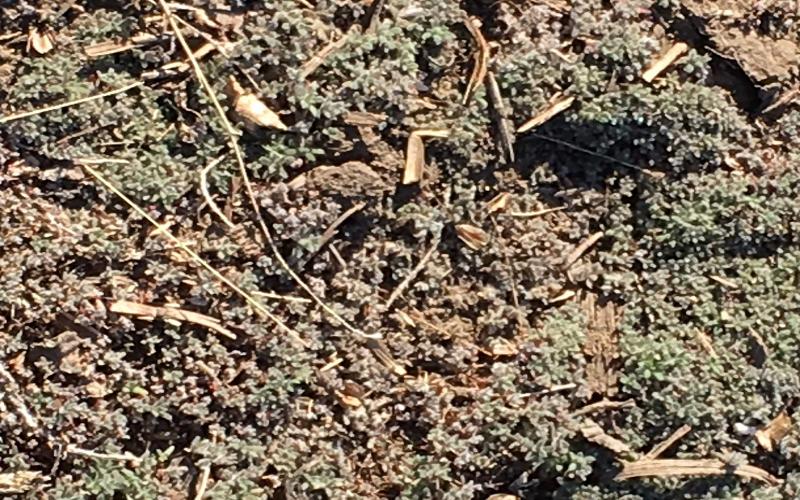
Temperature and Herbicide Performance
In South Dakota, the spring can come with a wide range of temperature fluctuations. This will affect the performance of burndown herbicides. Depending upon the target weed, type of herbicide and application rate, there will likely be decreased weed control in cooler temperatures.
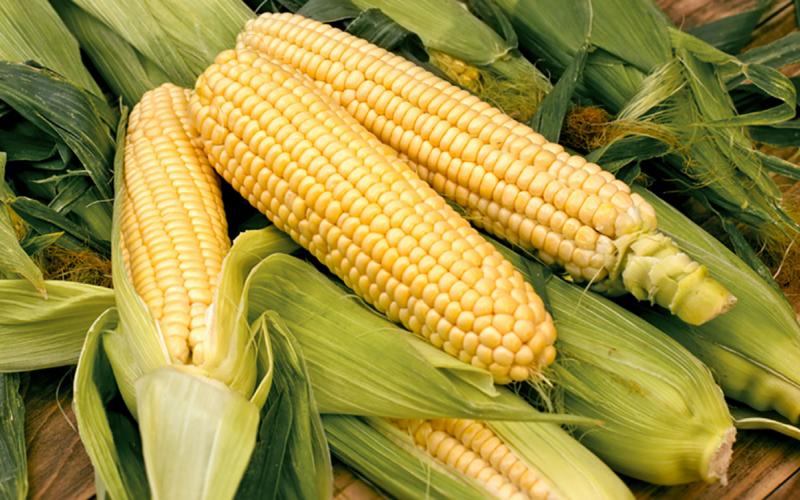
Weed Control in Sweet Corn
When growing sweet corn on a large scale, weed control can be challenging, and certain steps need to be taken before choosing an herbicide.